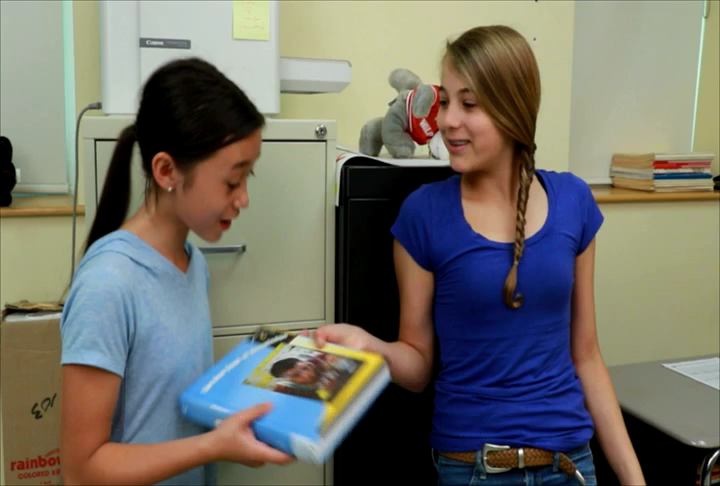
Introduction
Social-Emotional Learning (SEL) involves teaching students essential skills to interact positively with others, understand emotions, and develop meaningful relationships. One crucial aspect of SEL is learning the importance of expressing gratitude, specifically by saying “thank you.” When people are kind to us, it’s essential to show our appreciation. Saying thank you lets the other person know that we value their actions, and it strengthens our relationships. In this blog post, we will explore an easy-to-implement, no-prep activity to help students in Special Education understand the importance of saying thank you, along with discussion questions and related skills.
No-Prep Activity
This activity requires no preparation or materials from the educator. The goal is to help students understand the significance of expressing gratitude and the potential consequences of not doing so.
- Ask the students to form pairs or small groups.
- Explain the following scenario: Person A does something nice for Person B, such as lending a book or helping with a task. However, Person B doesn’t say thank you. Person A feels upset or unappreciated.
- Ask the students to act out this scenario in their pairs or groups, with one student playing Person A and another playing Person B.
- Next, have the students switch roles and act out the scenario again, but this time, Person B says thank you.
- After the role-play, bring the class back together and discuss the differences between the two scenarios and how saying thank you can impact relationships.
Discussion Questions
Use these questions to stimulate further discussions about the importance of saying thank you and expressing gratitude:
- How did it feel when Person B didn’t say thank you? How did it feel when they did?
- Why is it important to say thank you when someone helps us or does something nice for us?
- Can you think of a time when you forgot to say thank you? How did it affect the situation?
- How can we remember to say thank you in our everyday interactions?
- What are some other ways we can show appreciation or gratitude besides saying thank you?
Related Skills
Teaching students the importance of saying thank you is just one aspect of Social-Emotional Learning. There are many other relevant skills for students to develop, including:
- Active listening: Paying close attention to what others are saying and responding appropriately.
- Empathy: Understanding and sharing the feelings of others.
- Apologizing: Expressing regret for a mistake and taking responsibility for one’s actions.
- Offering help: Recognizing when someone needs assistance and taking the initiative to provide support.
- Respecting personal boundaries: Understanding and respecting the physical and emotional limits of others.
Next Steps
Now that you have explored the importance of saying thank you and how it relates to Social-Emotional Learning, we encourage you to take the next step in supporting your students’ growth in this area. To access free samples of our skill-based SEL materials and other helpful resources, please visit Everyday Speech’s sample materials page. These resources are designed to help educators like you support students in Special Education and foster a positive learning environment.

